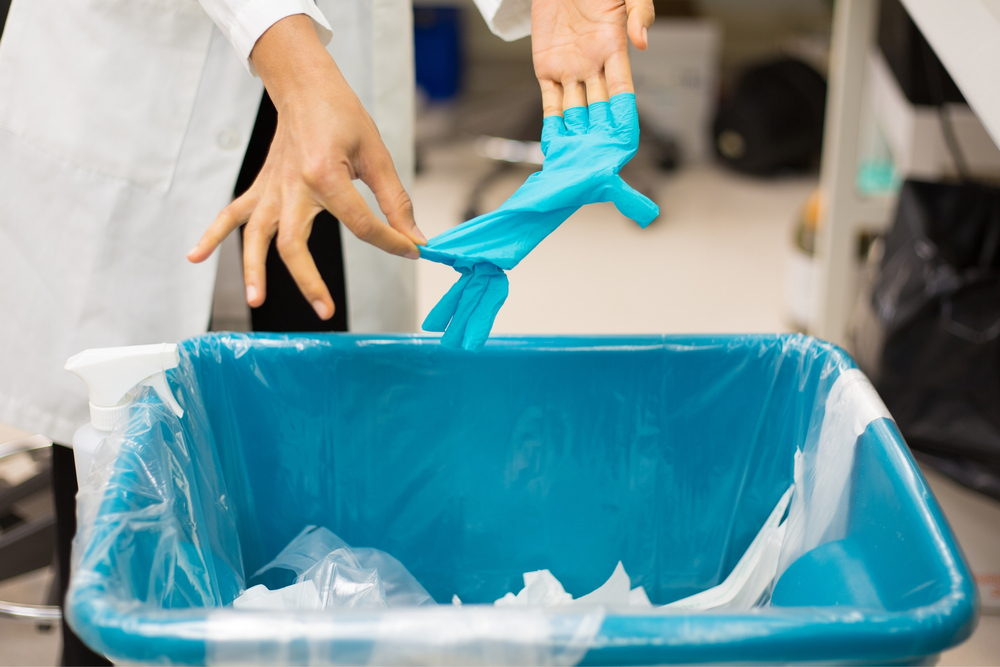The team of the Foundation “Blue Bird” is working to advocate for changes in the processes of production, use and disposal of medicines.
We are talking about the development of safer and non-toxic medicines. This involves concerted action to ensure that medicines, including antibiotics, are prescribed only when they are really needed. It also requires pressure on manufacturers to reduce pharmaceutical waste and educate patients on the safe disposal of medicines. The more medicines get into our environment, the more vulnerable ecosystems are damaged and the higher the risk of drug resistance. So inaction is not the way out.
Pharmaceutical residues have been found in various ecological environments around the world, and there is growing concern about the damage they could cause to human health and the environment. Due to the expected increase in medicine consumption in the world, due to high demand from the aging population and the general growing dependence on medicines, pharmaceuticals are a priority area in terms of environmental hygiene. 
Most industrial pharmaceutical waste – residues that are not properly disposed of or that pass through the human body – enters treatment facilities. Currently, most treatment plants are unable to completely decompose or retain these substances, and those that remain, even if severely diluted, can end up in rivers or farmland and cause irreversible damage to particularly sensitive organisms.
The team of the Foundation “Blue Bird” is developing and promoting numerous initiatives aimed at reducing the harmful effects of pharmaceutical residues. These include encouraging pharmaceutical companies to green their production methods and achieving one-step disposal in which medicines are fully metabolized in the body and immediately decomposed into the environment to a harmless state, as well as informing patients about safe methods of disposing of unused or expired, hazardous to the environment medicines.